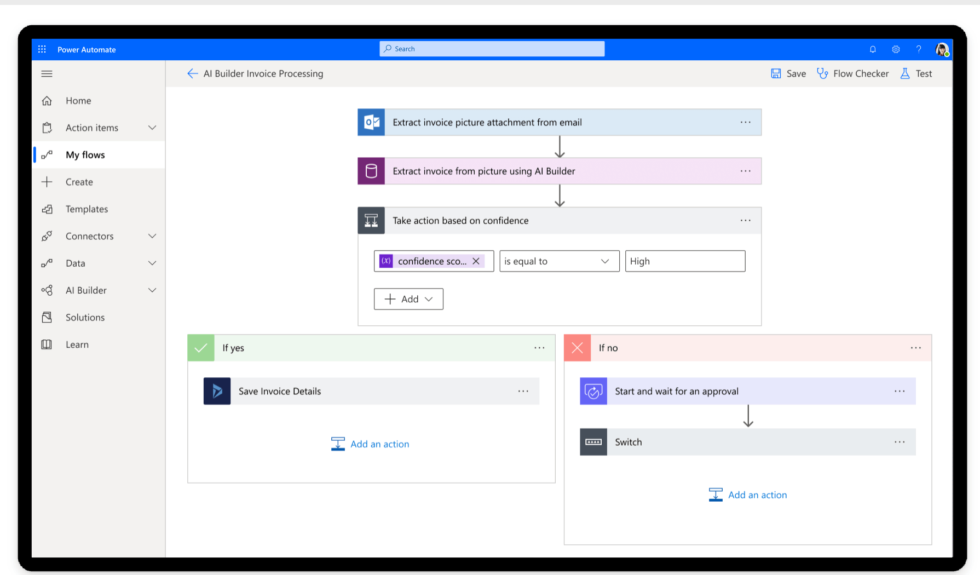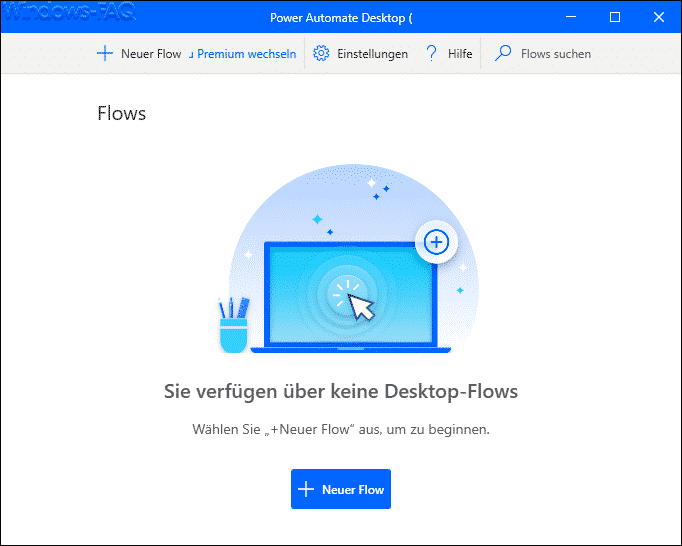

One packaged, you'll need a software deployment solution to execute the command you've created on entire groups of computers at once. It can also be arguably the most difficult step. Creating your own transforms typically requires the use of a softwareĪt the end of the day, getting a software installation packaged for silent installation is only the first step. Msiexec.exe /q /l* switch added to the command's end references a path to the MST file that has been specifically encoded to reconfigure the command's MSI file. Sending instructions to an MSI-based software installation requires learning only a single syntax. That's the case because MSI-based software installations all share in a universal switch structure. Installations with the other file extension, MSIs, tend to be much easier. EXE-based installations do not have a universal switch structure for sending instructions to the installer as it goes about an installation. EXE extensions, tends to be a slightly more challenging process. Today's software installations are most commonly distributed with one of two file extensions.

Using Group Policy Software Installation (or any of the other solutions) in combination with a silenced installation, you can fully eliminate all the time-consuming manual steps required for handling your user's software. Many of such tools exist on the market today, including one that's built directly into Active Directory Group Policy. That power comes in distributing software through an automated tool. Eliminating anything that requires the user to enter data or click a button is what makes a silent installation so powerful for automating software installation. Some dialog boxes might pop up, but they'll disappear on their own.


In a silent installation, everything that happens after you initiate the installer occurs without interactively prompting the user. In every way, one of the biggest tasks is in getting that software installation to run silently. In that article, I talked about some of the ways to automate this process. I wrote an article for this site not long ago titled. But at the end of the day, even these 'special' activities are still not much more than file copies and registry updates. Indeed some installations perform special activities like installing drivers or registering ActiveX controls. Ever wonder what really goes on during a software installation? When you click Next, Next, Finish, what really happens under the covers while you watch that progress bar slowly creep from left to right? The reality is probably far less interesting than you'd think.Īt its core, a software installation is little more than a really big file copy, along with a set of registry changes.


 0 kommentar(er)
0 kommentar(er)
